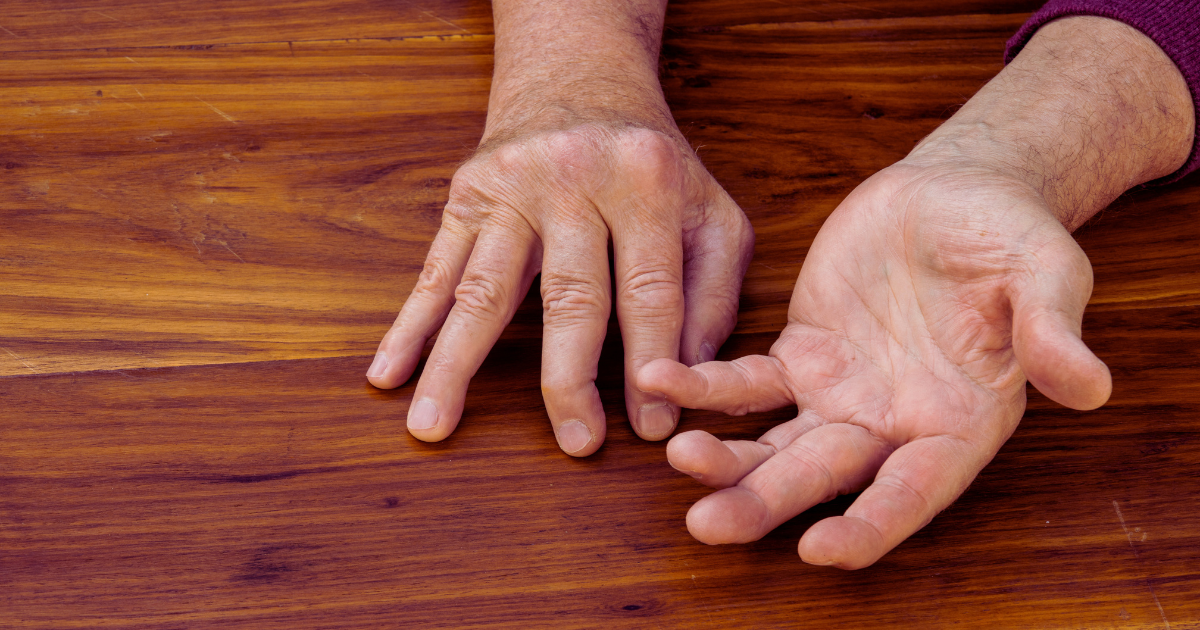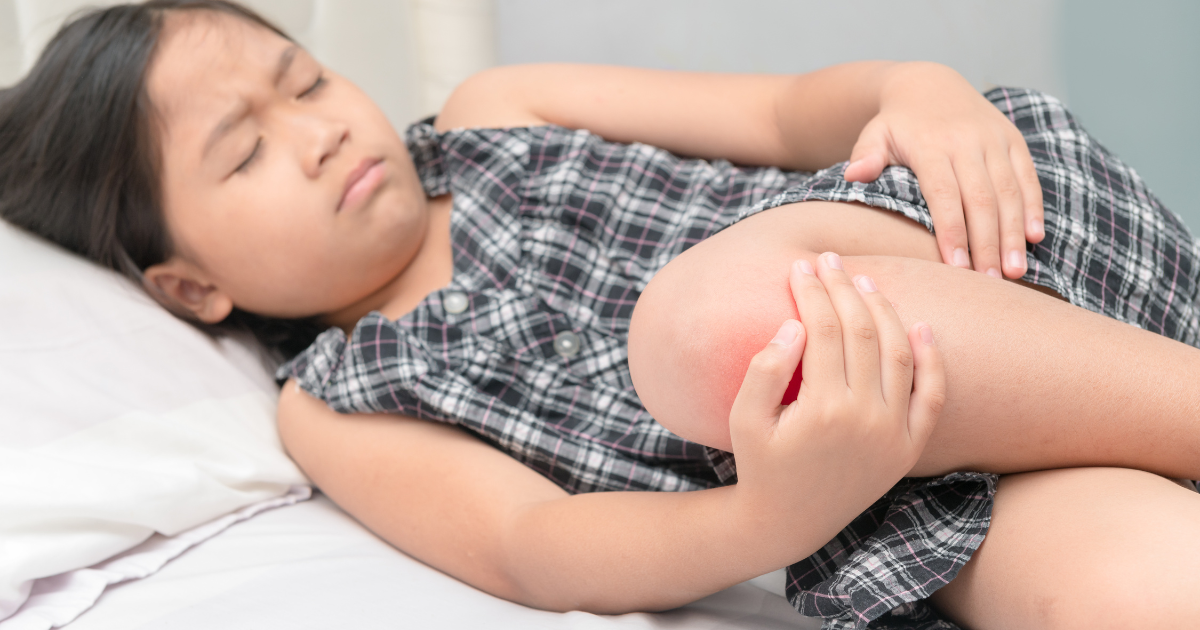Juvenile Rheumatoid Arthritis (JRA), also known as juvenile idiopathic arthritis (JIA), is a chronic autoimmune disease that affects children under the age of 16. It causes persistent joint inflammation, pain, stiffness, and swelling, which can impact growth and overall quality of life. Unlike adult rheumatoid arthritis, JRA presents unique challenges due to the growing bodies of children.
In this blog, we will explore the causes, symptoms, diagnosis of juvenile rheumatoid arthritis, treatment options, and lifestyle adjustments that can help manage this condition effectively.
What is Juvenile Rheumatoid Arthritis?
JRA is an autoimmune disease in which the body’s immune system mistakenly attacks its own joints, leading to inflammation. This condition can vary in severity, from mild cases affecting a few joints to more severe forms impacting multiple organs.
Types of Juvenile Rheumatoid Arthritis
Juvenile Rheumatoid Arthritis (JRA) is categorized into several types, each with distinct symptoms and progression patterns:
1.Oligoarticular JRA (Pauciarticular JRA): This is the most common type, affecting four or fewer joints, usually large ones like knees or ankles. Some children with this type develop uveitis, an eye inflammation that can lead to vision problems if not treated promptly. Early detection and regular eye checkups are crucial.
2.Polyarticular JRA: This type affects five or more joints, including small joints in the hands and feet, and is more common in girls. It can mimic adult rheumatoid arthritis and may involve long-term joint damage if not managed effectively.
3.Systemic JRA (Still’s Disease): This is the most severe form of JRA, impacting not only the joints but also internal organs. It is characterized by high fever, rash, and inflammation in vital organs such as the heart and lungs. Systemic JRA requires intensive treatment to control symptoms and prevent complications.
4.Enthesitis-Related JRA: This type affects areas where tendons and ligaments attach to bones, causing pain and stiffness in the spine, hips, and other major joints. It is more commonly found in boys and can be associated with inflammatory bowel disease and eye inflammation.
5.Psoriatic JRA: This form occurs in children who have psoriasis, a skin condition that leads to red, scaly patches. Joint pain, nail abnormalities, and swollen fingers or toes are common symptoms. Early diagnosis helps in preventing long-term joint damage.
Understanding these types helps doctors tailor treatments to effectively manage symptoms and prevent complications.
Causes and Risk Factors
The exact cause of juvenile rheumatoid disease is unknown, but it is believed to result from a combination of genetic and environmental factors. Some common risk factors include:
- Genetic Predisposition: A family history of autoimmune diseases may increase the likelihood of JRA.
- Immune System Dysfunction: The immune system mistakenly attacks healthy joint tissues.
- Environmental Triggers: Certain infections, stress, or other external factors may trigger the onset of JRA in genetically predisposed children.
Symptoms of Juvenile Rheumatoid Arthritis
Symptoms of JRA vary depending on the type and severity of the condition. Common symptoms include:
- Joint Pain and Swelling: Persistent pain, particularly in the morning or after periods of inactivity.
- Stiffness: Reduced mobility, especially after waking up.
- Fever and Rash: Systemic JRA often presents with intermittent fever and a pink skin rash.
- Eye Inflammation: Some forms of JRA can lead to uveitis (eye inflammation), which can cause vision problems if untreated.
- Growth Issues: Chronic inflammation may affect bone growth and development in children.
Diagnosis of Juvenile Rheumatoid Arthritis
The diagnosis of juvenile rheumatoid arthritis is complex since no single test can confirm the condition. A pediatric rheumatologist typically uses a combination of methods, including:
Medical History and Physical Examination
- Assessing symptoms, duration, and family medical history.
- Checking for joint swelling, tenderness, and range of motion.
Laboratory Tests
- Erythrocyte Sedimentation Rate (ESR) and C-Reactive Protein (CRP): Measure inflammation levels.
- Rheumatoid Factor (RF) and Anti-Cyclic Citrullinated Peptide (Anti-CCP): Used in diagnosing polyarticular JRA.
- Antinuclear Antibody (ANA): Indicates the likelihood of eye inflammation.
Imaging Tests
- X-rays or MRI scans help assess joint damage and rule out other conditions.
Treatment and Management of Juvenile Rheumatoid Arthritis
The goal of JRA treatment is to reduce inflammation, relieve pain, and prevent long-term joint damage. Treatment options include:
Medications
- Nonsteroidal Anti-Inflammatory Drugs (NSAIDs): Relieve pain and inflammation (e.g., ibuprofen, naproxen).
- Disease-Modifying Antirheumatic Drugs (DMARDs): Used in moderate to severe cases (e.g., methotrexate).
- Biologic Agents: Target specific parts of the immune system (e.g., TNF inhibitors like etanercept).
- Corticosteroids: Used for severe inflammation but with caution due to side effects.
Physical Therapy and Exercise
- Regular exercise helps maintain joint flexibility and strength.
- Physical therapy improves mobility and prevents muscle stiffness.
Lifestyle and Home Remedies
- Balanced Diet: Anti-inflammatory foods such as fruits, vegetables, and omega-3 fatty acids help reduce symptoms.
- Heat and Cold Therapy: Warm compresses relieve stiffness, while ice packs reduce swelling.
- Adequate Rest: Prevents excessive strain on inflamed joints.
Surgical Intervention
In rare cases, joint surgery may be required if joint damage is severe and affects mobility.
Living with Juvenile Rheumatoid Arthritis
JRA can be a challenging condition, but children can lead active and fulfilling lives with proper management. Here are some tips for parents and caregivers:
- Encourage a positive outlook to help children cope emotionally.
- Work closely with a healthcare provider to adjust treatments as needed.
- Ensure school and social support to help children maintain a normal routine.
Frequently Asked Questions (FAQs)
1. Is juvenile rheumatoid arthritis curable?
No, JRA is a chronic condition. However, early diagnosis and treatment can help children manage symptoms and lead active lives.
2. Can a child outgrow juvenile rheumatoid disease?
Some children may experience remission as they grow older, while others may continue to have symptoms into adulthood.
3. How is juvenile rheumatoid arthritis different from adult rheumatoid arthritis?
JRA occurs in children under 16 and may involve symptoms like fever and rash, whereas adult RA primarily affects joints and persists throughout life.
4. Can diet help manage juvenile rheumatoid arthritis?
Yes, a balanced diet rich in anti-inflammatory foods can help manage symptoms and overall health.
5. Is physical activity safe for children with JRA?
Yes, low-impact activities like swimming, stretching, and yoga can help maintain joint function without excessive strain.
Conclusion
Juvenile Rheumatoid Arthritis is a challenging but manageable condition. Early diagnosis of juvenile rheumatoid arthritis and appropriate treatment can significantly improve a child’s quality of life. If you suspect JRA in your child, consulting a pediatric rheumatologist is crucial for an accurate diagnosis and personalized treatment plan.
With ongoing research and medical advancements, children diagnosed with juvenile rheumatoid disease today have better chances of leading healthy and active lives than ever before. If you are looking for an expert Arthritis Doctor in Ahmedabad, consulting a pediatric rheumatologist can provide the best guidance and treatment options for your child.





